Athletes must regulate their emotions, maintain clear thought and focus, and harmonize their mind and body. However, achieving this requires a lot of practice and mental training to overcome negative thoughts!
We will identify some psychological demands commonly faced by athletes during high competition tournaments and games, as well as in all sports contexts. As a next step, we will discuss the application of sports psychology techniques that closely align with meeting the demands of the problem. To help the athletes overcome it and deal better with pressure in stressful situations.
Understanding Problem to overcome negative self talk
Now, we have selected a psychological demand that is commonly experienced by athletes at any stage of their sports careers. Whether they are amateur tennis players competing in their first match or elite athletes performing in the Olympics!
While a certain amount of performance anxiety associate with sports is consider as acceptable and natural. Athletes who experience severe performance anxiety may suffer a negative thoughts impact on their performance. Competitive anxiety has correlation with an increased risk of sports injuries. (Kellmann, 2010).
There is a wide range of symptoms and indicators that athletes with sport-related negative thoughts may display, from mild to debilitating. The signs and symptoms of negative thoughts building up performance anxiety might include cognitive, behavioral, and physiological manifestations, and they can surface before, during, or even after the event.
Cognitive signs and symptoms can include recurrent negative thoughts, confusion and poor concentration, indecisiveness, irritability, lack of confidence, fear of failing, negative self-talk, escapism and avoiding participation.
Somatic signs and symptoms include increased blood pressure, heart rate, fast breathing, sweating, dry mouth, muscular tension, blurred vision, vomiting.
Behavioral signs and symptoms include biting fingernails, inhibited posture, repetitive movements, withdrawal, fidgeting, restlessness.
“Choking’” is another common phenomenon experience by athletes owing to high levels of performance infused with negative self talk. In the worst situations, some are unable to even compete at all.
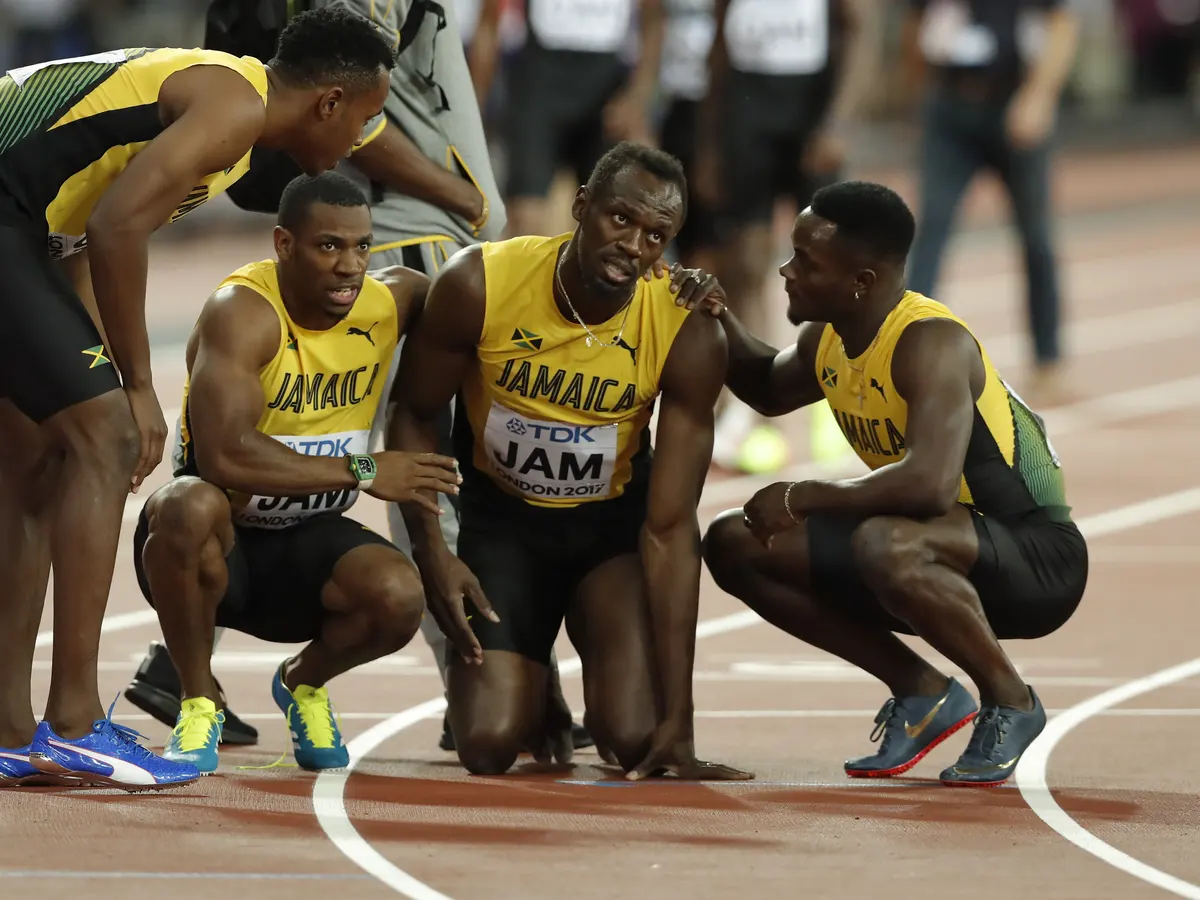
Causes of negative thoughts
Negative thoughts do not have a single registered cause! It varies and looks different for different athletes. This is because each individual has a distinct optimal stress level. They have their own triggers. A situation that may overwhelm one, might not be that daunting for another. Some possible causes have been listed below.
Performance plateaus
An athlete’s scores or graph of performance sometimes reaches a stagnant stage where it has been consistently the same over a period of time, with no significant improvement, decline or gains. This is known as performance plateau! Often this leaves athletes with a sense of confusion, panic and feelings of frustration.
High expectations
Athletes are more than often, carrying a bag loaded with expectations, from coaches, teammates, friends, family and others. Now, realistic expectations do serve as a catalyst for the athlete to perform to their full capabilities! However, just when these expectations skyrocket and become unrealistically high, it converts to pressure that leads to high levels of stress and impacts the athlete’s mental processes negatively as they are more focused on winning!
Performing in front of an audience
It is often observed that some athletes perform extremely well when in their natural form during training and practice sessions. However, on the day of the game or event, where there is a large audience or spectators, their performance declines significantly. An audience can either have an effect of increasing participant arousal levels and performance or for certain competitors, it can certainly arouse anxiety and tension.
Self-defeating thoughts
Self-defeating thoughts are negative views and beliefs that an athlete might have about themselves. These especially hold back an athlete from realizing their maximum potential that results in self-doubt and low self-efficacy and eventually experiencing performance anxiety.
Low motivation
Motivation is an important aspect of mental preparedness and training. Many studies have shown the link between motivation and optimal levels of functioning. Low motivation leads to less competence and autonomy which can trigger anxiety related to one’s performance.
Fear of comparison with opponents
Athletes and people in general often form judgements about themselves through social comparison or evaluating oneself in relation to others. When athletes are compared unfavorably and bitterly, it can produce low self-esteem and induce intense pressure in athletes to prove their abilities and avoid embarrassment.
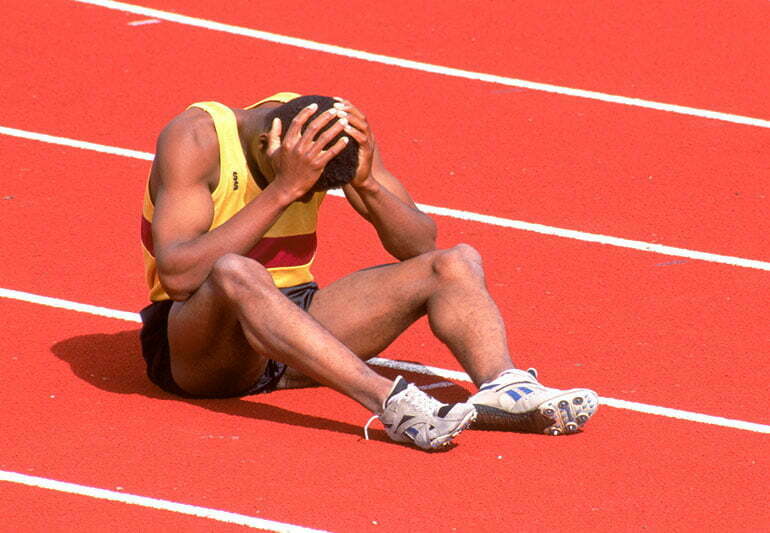
Yerkes-Dodson Law to overcome negative thoughts
Optimal Arousal Theory of Motivation (The Yerkes-Dodson Law) explains how stress and thoughts can have an impact on performance. Simply put, it proposes that, your performance will certainly decrease if your arousal levels are on the extremes. To perform efficiently, you need to keep your stress levels within the optimal range. Let’s look an example:
- Low arousal: You have low motivation to put in your maximum efforts to win the game so you will end up performing poorly.
- Optimal arousal: You are playing with realistic expectations and pushing yourself while being aware of your limits to handle pressure and stress so you will perform wonderfully.
- High arousal: You are so nervous and tensed that you can barely focus on your techniques, and you feel like you will choke. Here, one might be experiencing performance anxiety and will perform poorly if they can’t cope with it.
Developing and applying a variety of psychological coping mechanisms and motivation techniques can help athletes better overcome negative thoughts. Athletes can always improve their ability to function better and evaluate their setbacks in more positive ways. Changing one’s perspective and transforming performance anxiety to something productive and positive can lead to optimal performance.
Strategies: How to overcome negative thoughts
There are numerous coping strategies and techniques that are used by sports psychologists to address psychological demands posed by athletes. However, the nature of these techniques also depends largely on the individual’s profile and its application can differ for each.

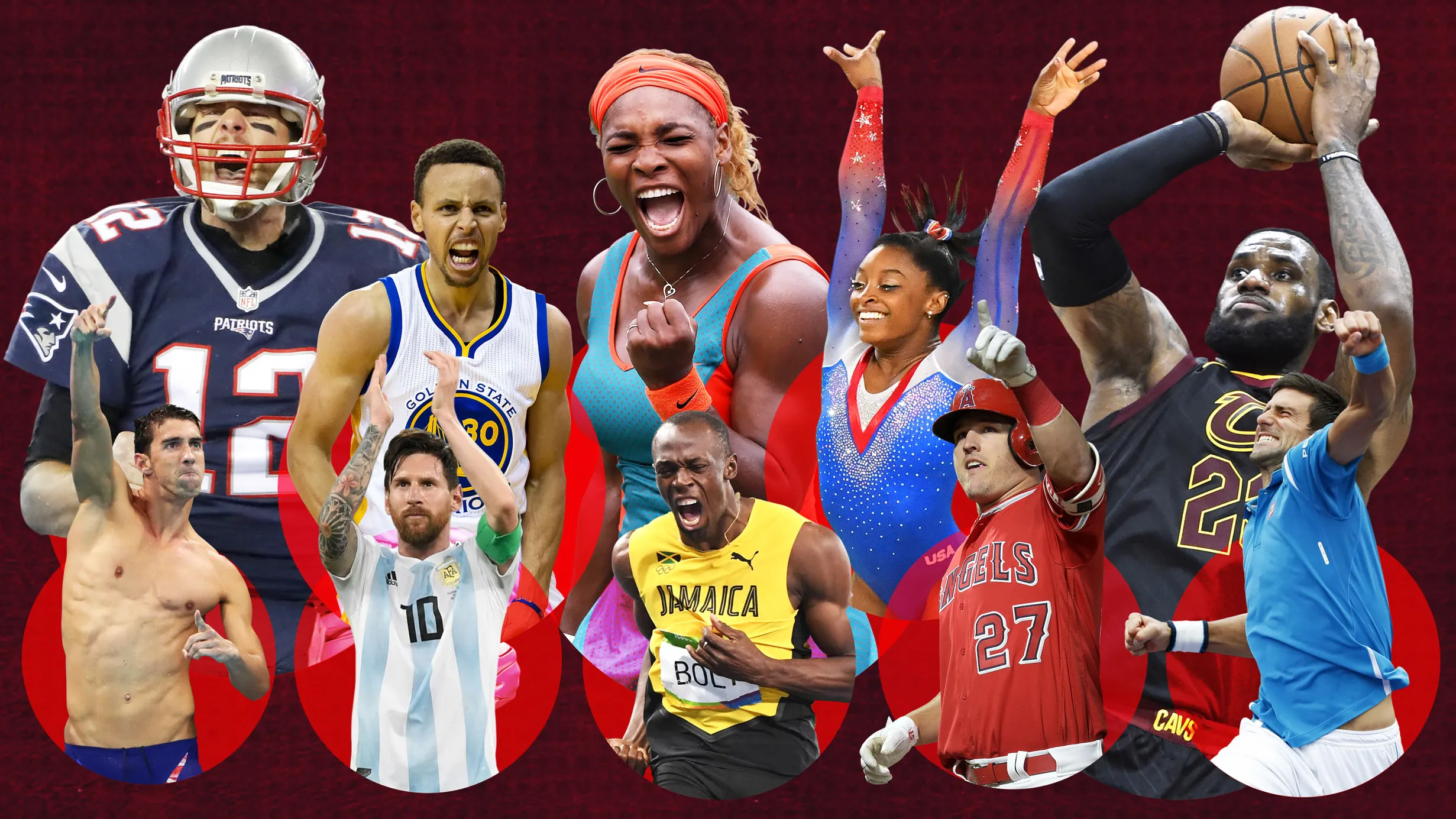
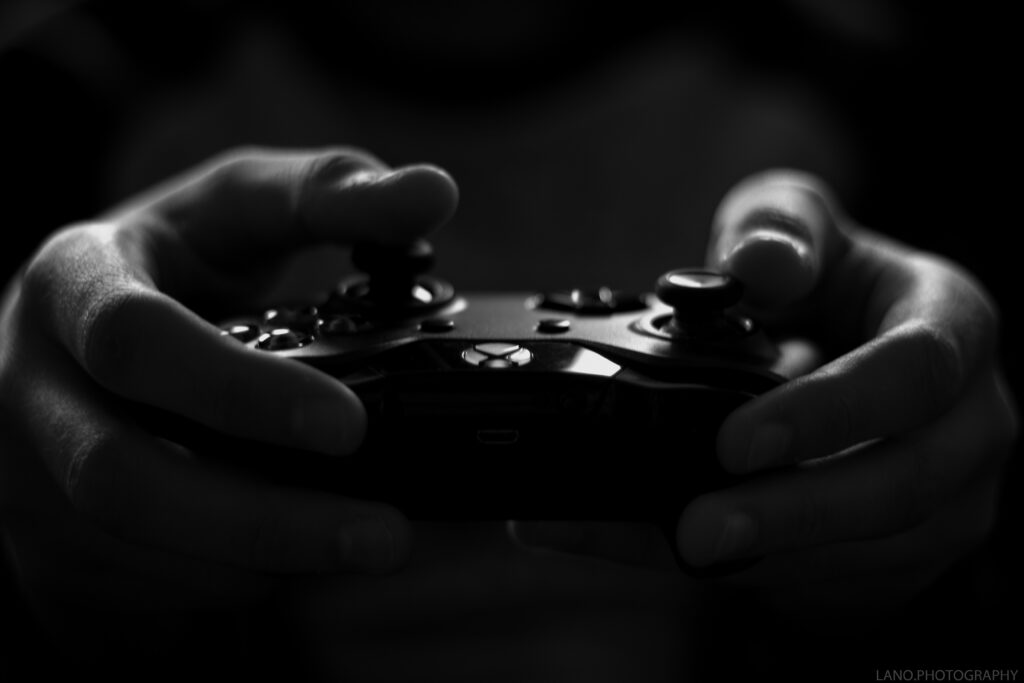
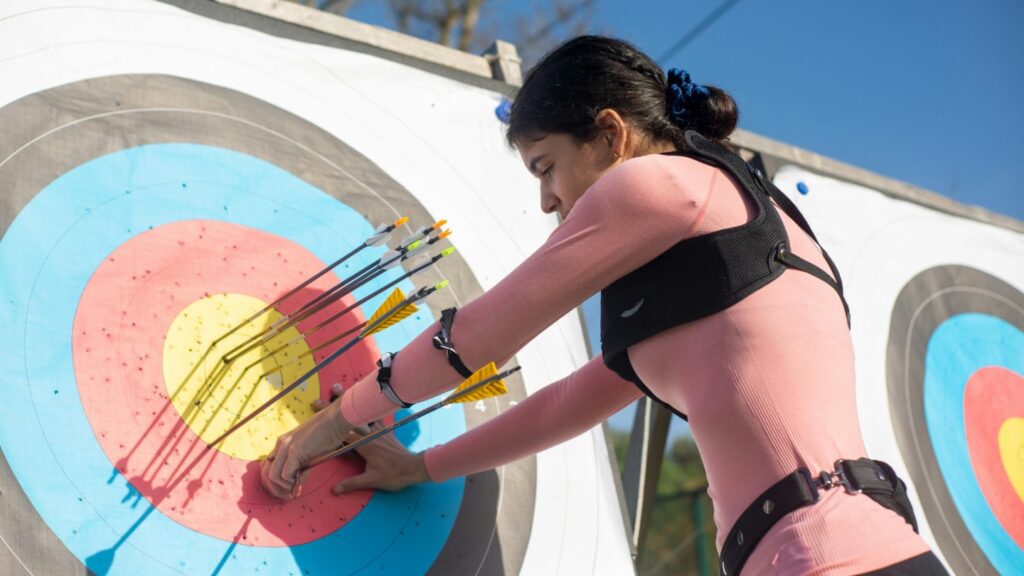
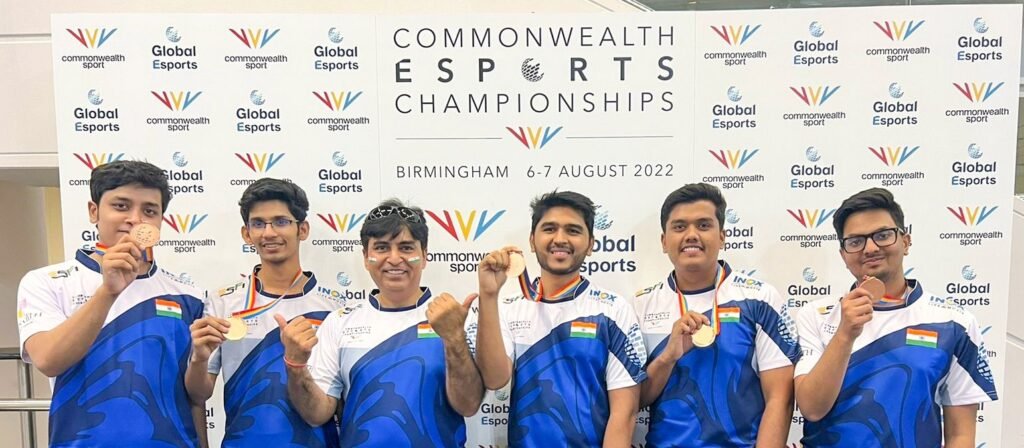




It is complete process towards positive mindset. Thank you so much for technique to overcome negative stress.